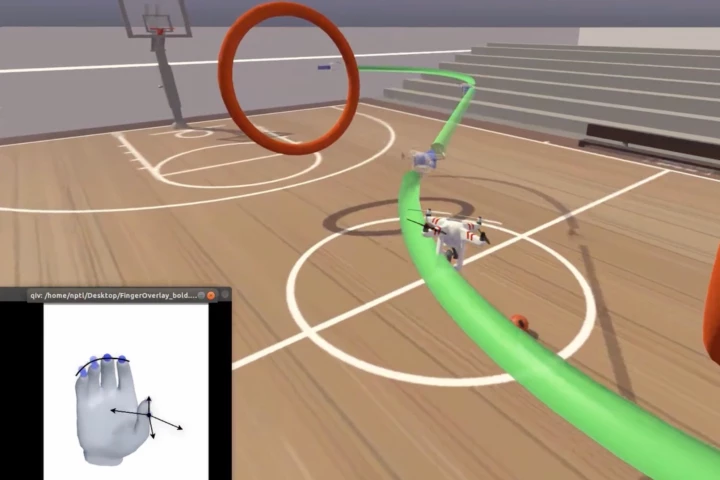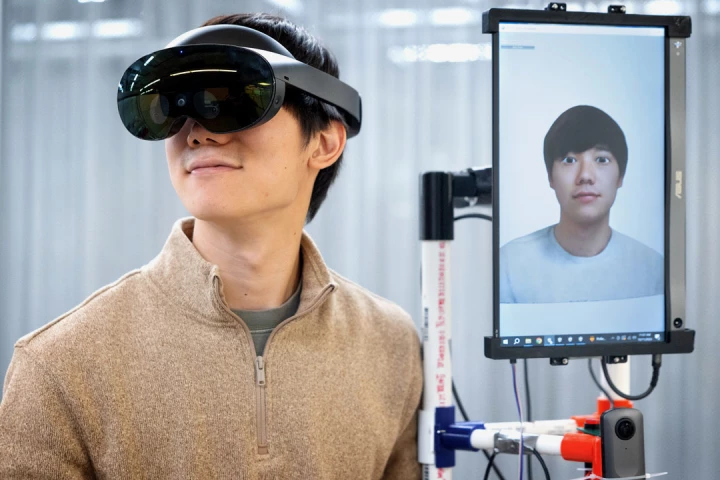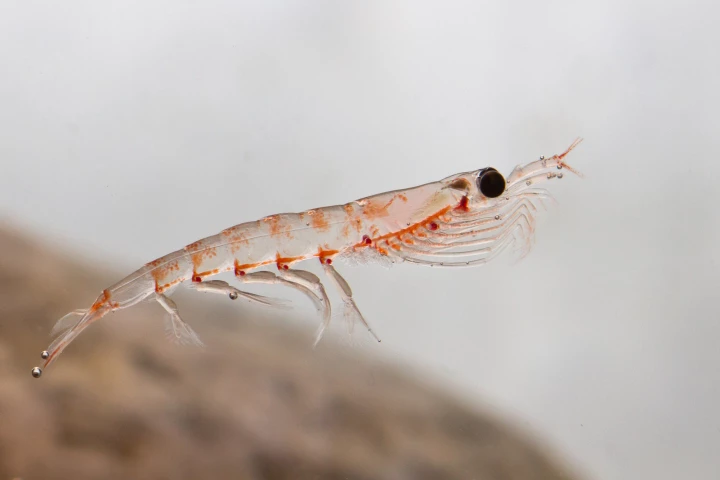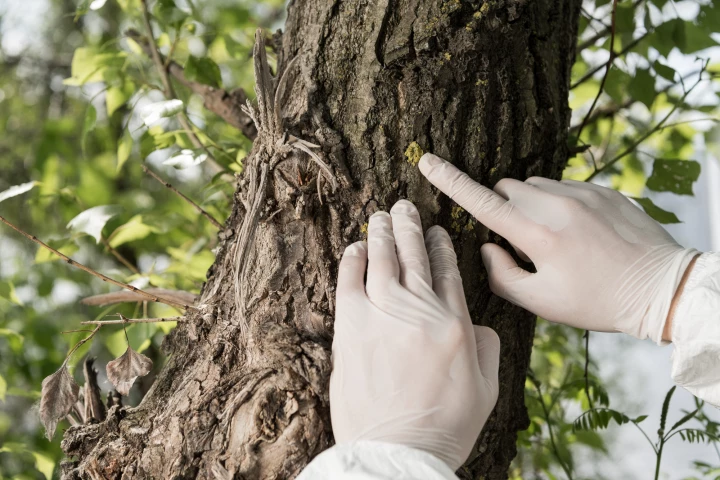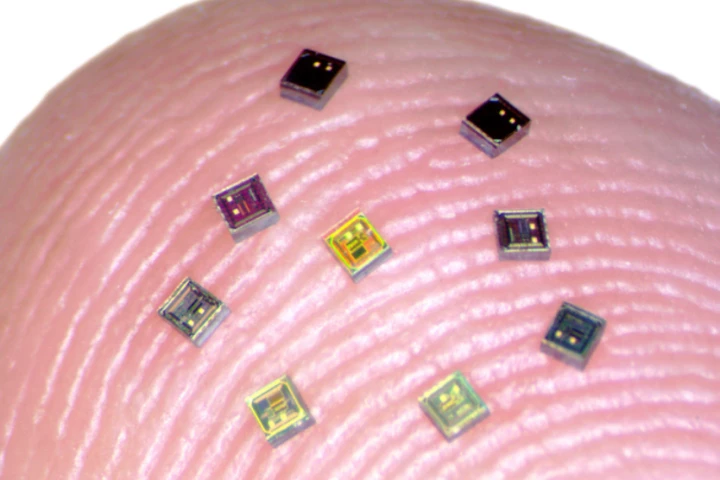Brown University
-
Brain-computer interfaces may allow paralyzed people to perform basic tasks, but there's more to life than eating and typing. That's where a new BCI comes in, as it has allowed a man to fly a virtual drone just by thinking of moving his fingers.
-
"Imagine a swing that, once pushed, keeps swinging for almost 100 years because it loses almost no energy through the ropes." So says a Delft University of Technology researcher who has helped his team accomplish a parallel feat at the nanoscale.
-
When it comes down to it, most telepresence robots are just remote-control tablets that can be steered around a room. The VRoxy system is different in that its robot replicates the user's movements, plus it auto-pilots itself to different locations.
-
The animal kingdom is home to all kinds of stories – even horror stories. Scientists at Brown University have now uncovered a creepy new zombie story involving worms that propagate by hack their shrimp host's genome to take control of their minds.
-
Although we could, most of us don’t want to eat the same food for every meal. Now researchers have found it's the same for African elephants, whose diverse and individualistic food selection shows they're incredibly discerning at the dinner table.
-
While most of us may just think of krill as whale food, the tiny crustaceans are also very adept swimmers … enough so that scientists have developed a krill-inspired robotic platform in hopes of creating swarms of ocean-exploring swimming robots.
-
Antarctica isn’t exactly the type of place you’d expect to be teeming with life, but a newly published study suggests the frigid environment at the end of the world may be a little more hospitable than it seems.
-
Scientists at Brown University have developed a new material that can release drugs only when pathogenic bacteria are around. When used as a bandage, the hydrogel could deliver medication on-demand when infection begins to take hold.
-
Random numbers are crucial for computing, but our current algorithms aren’t truly random. Researchers at Brown University have now found a way to tap into the fluctuations of skyrmions to generate millions of truly random numbers per second.
-
Scientists have used cellulose derived from wood as the basis for a solid battery electrolyte, which is paper-thin and can bend and flex to absorb stress as the battery is cycled, while also offering record high conductivity.
-
Whether they're being used for research or for restoring lost capabilities to the disabled, brain-computer interfaces (BCIs) show a lot of promise. They could soon be much more effective, thanks to the development of tiny new sensors.
-
When someone is paralyzed from the neck down, they can obviously no longer write words out by hand. They can still think about doing so, though, and those thoughts could allow them to type out messages via a new brain-computer interface (BCI).
Load More
